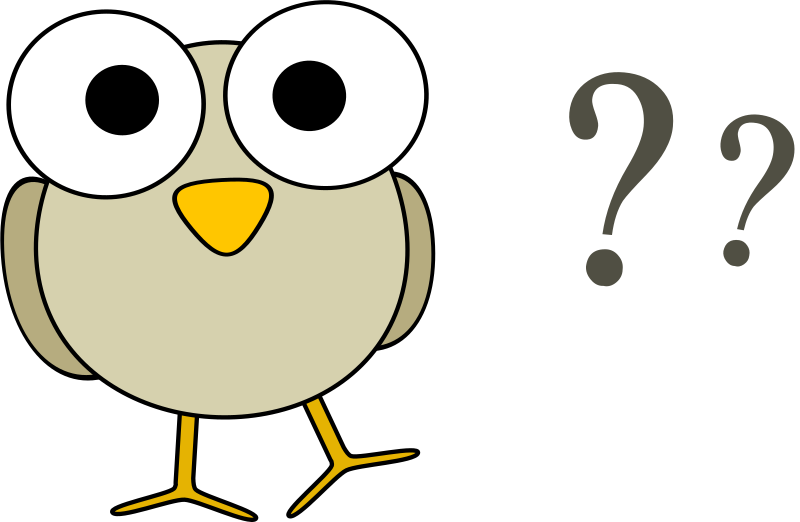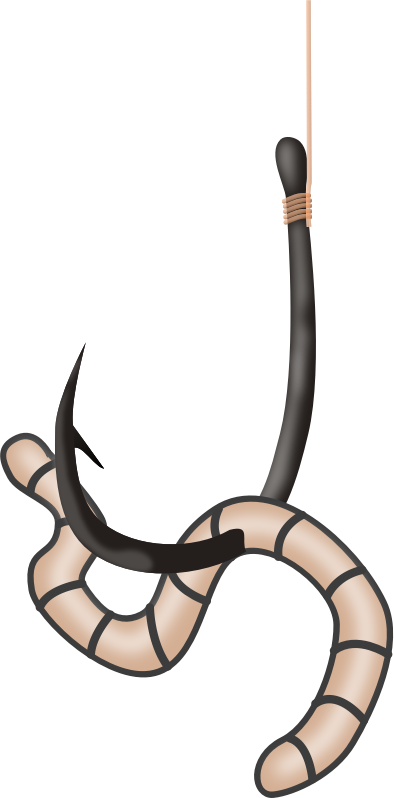Finishing a first draft is an amazing feeling, and I want you to enjoy it...for a little while. But once that moment of joy is good and done, it's time to get down to the real work. Because up until now, you've been having fun. Now you have to edit your work, and that means you have to ask yourself the dreaded first draft questions.
Don't have first draft questions? It's time to get some. Otherwise, how will you make sure your story is air-tight?
That's My Interrogative
First drafts are meant to be a bit frenzied. You've got a outline but you're not always following it, because the story ends up going somewhere you didn't quite expect. You're not sure if pineapples grow in Hawaii but you think so and you're going to check it later so that's fine. You haven't finished that one scene with the green plate because you can't quite figure it out, but you're getting back to that later so who cares.
It's okay to do that in a first draft. You've got to just get the story on the page, and the little details will get filled in later if they're missing.
Well, hello -- and welcome to later. Because while it's good to play the part of the free-spirited artist while you're writing the first draft, you've got to get serious and become the boss as soon as you begin editing the very first page. No more playing it by ear or skipping over it for now. You've got to double-check facts, tighten up that sentence structure and become the drill sergeant of the book. Make Chapter 11 do those push-ups, or else.























